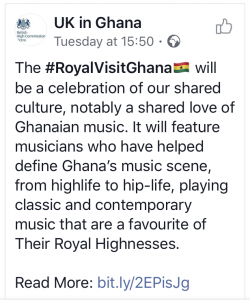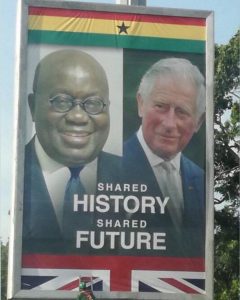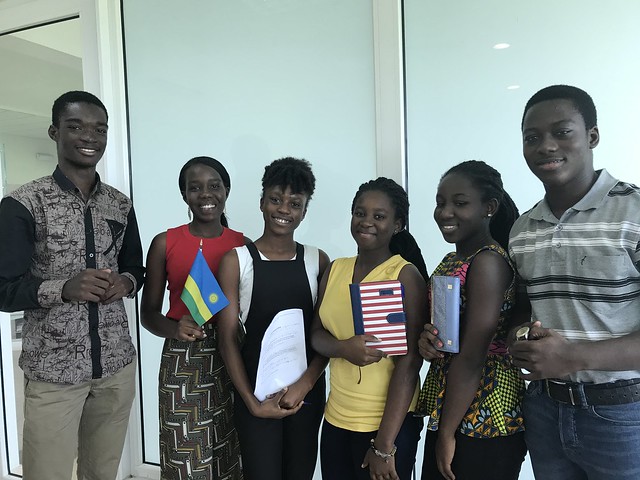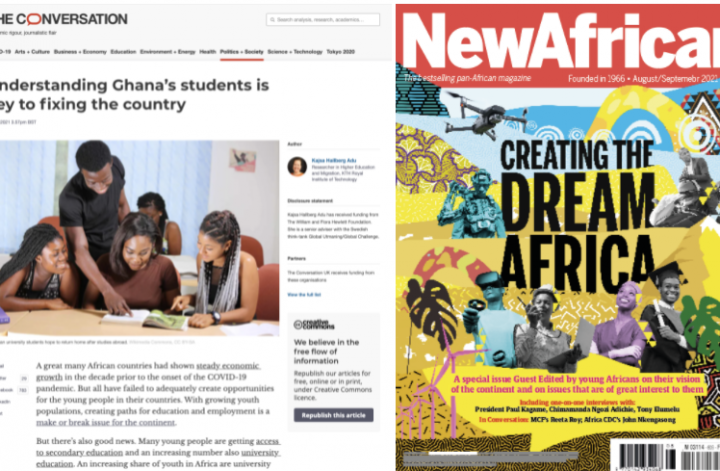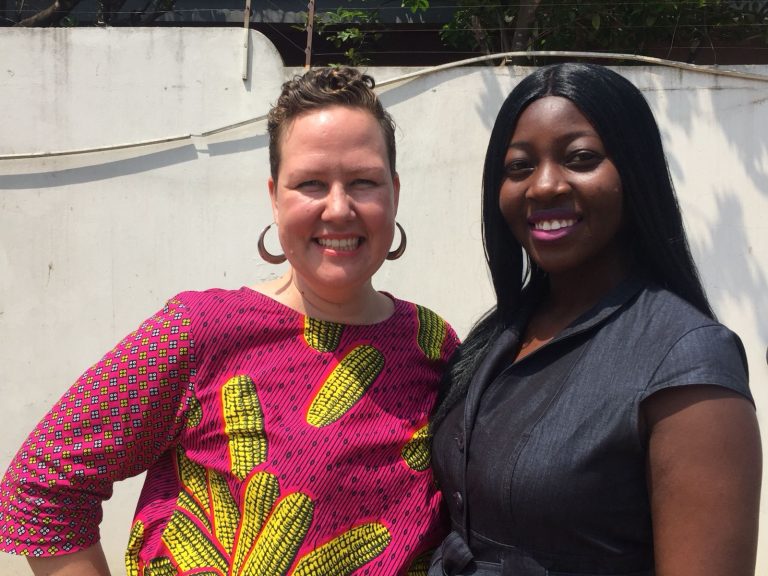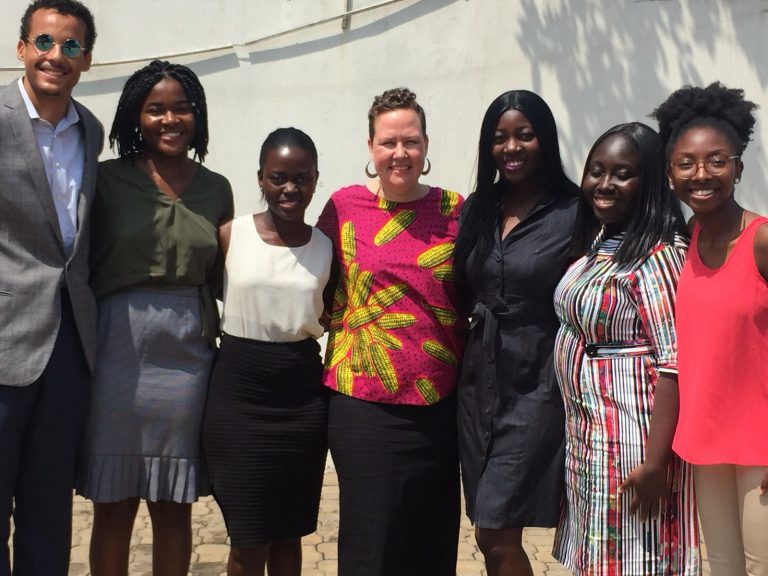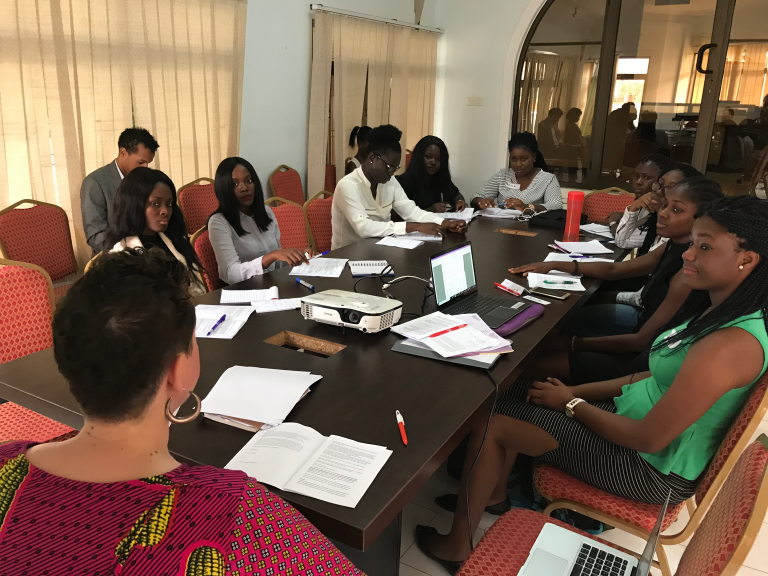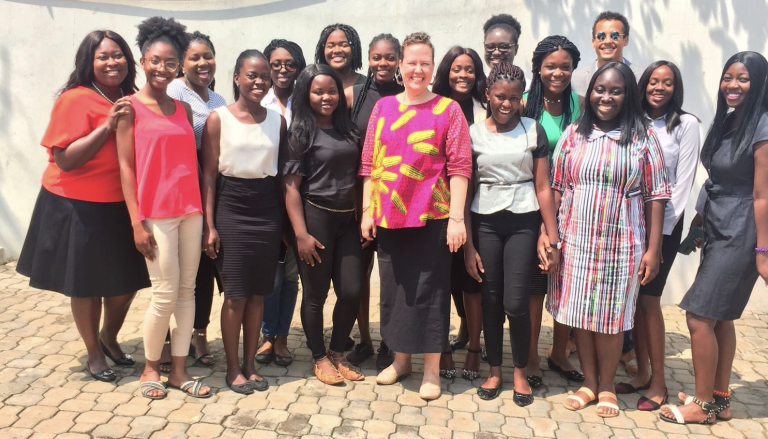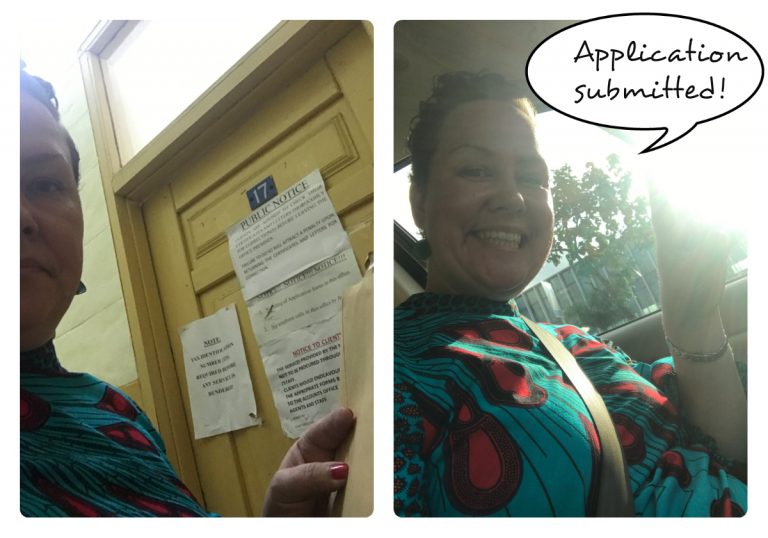I am lucky enough to work in a sector where there is a tradition to allow a block of time every 6-7-8 years of employment to focus on research. The time has come to me and this spring, Jan-May, I will be 100% focused on thinking, reading,
It is exhilarating – so much potential! – and scary. I am worried I will somehow squander the time, get derailed by emails, or just get less productive when the walls of
Three weeks into the sabbatical, I am still a bit worried, although have read much more research already than I did all of last semester, and asked senior colleagues for help and guidance. I am also walking more, both to lessen the anxiety and to think better. But should I continue to work from my house with all distractions that come with it or should I find an office space away from home? For now, I am taking up colleagues on their offers of co-writing sessions and paying a short-term visit to a research environment in Sweden for focus and inspiration.
Potential Outputs
- I hope to finish four papers that are almost (some just halfway) done and send them off to academic journals (and attend fewer conferences and workshops).
- I also want to publish shorter texts with more popular outlets (and write fewer emails and blog posts).
- I also hope to read more, especially classic texts like Nkrumah and Mamdani but also new ones, especially on
decolonial theory and higher education, as well as monographs by researchers I know and aspire to write like (and do fewer lists of books and articles I should read). - I want to do two-three sets of interviews to deepen projects already started (and not only rely on previous data I have collected)
- I want to apply for research funding (and not think too much about what I am teaching next).
- Finally, I want to relax my body which has patiently supported a four-hour daily commute for years!
What would you do if you had five months of work time to plan yourself?

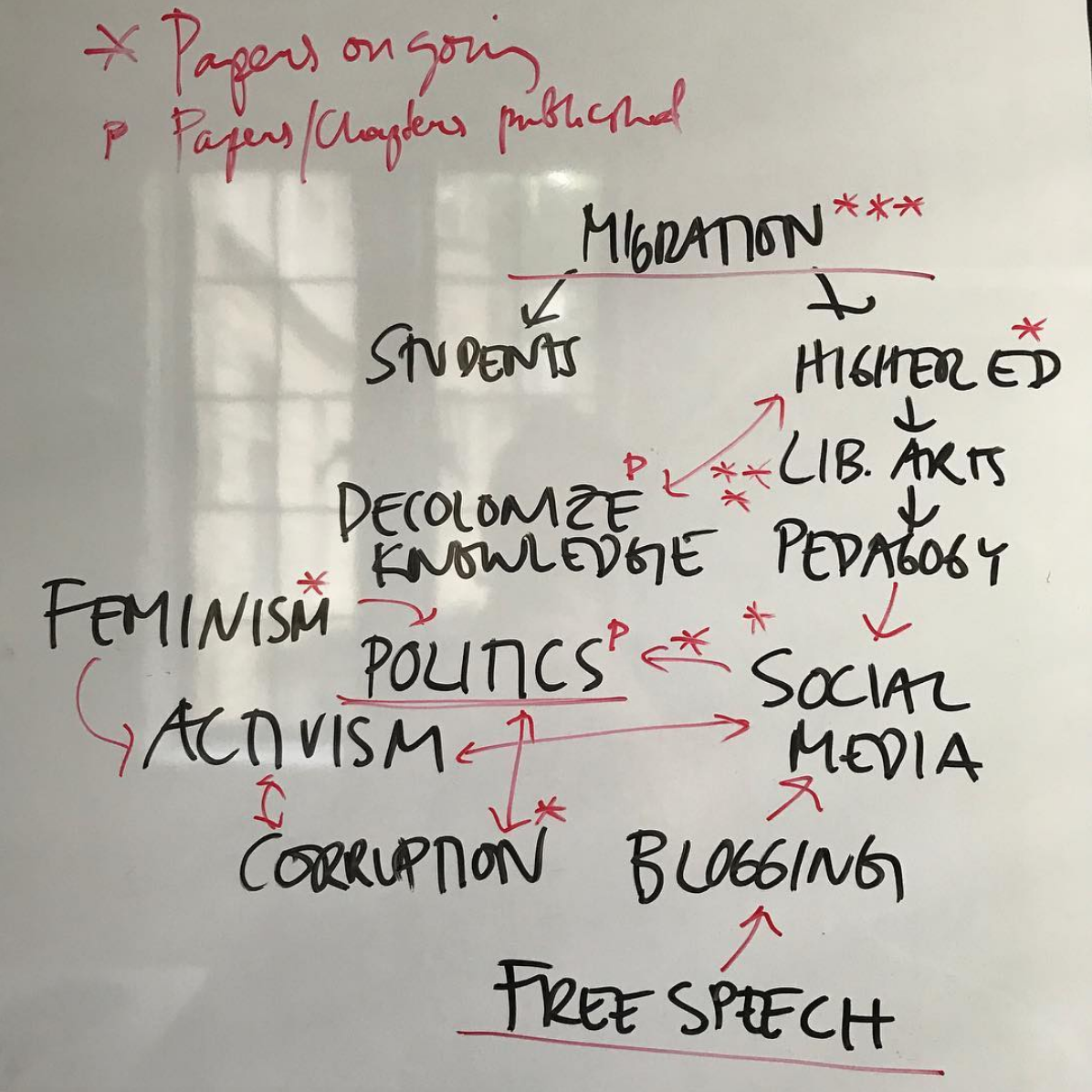
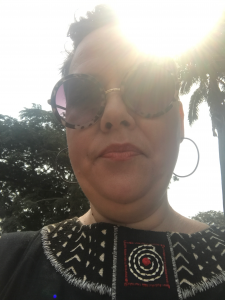

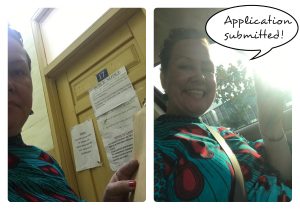 .
.